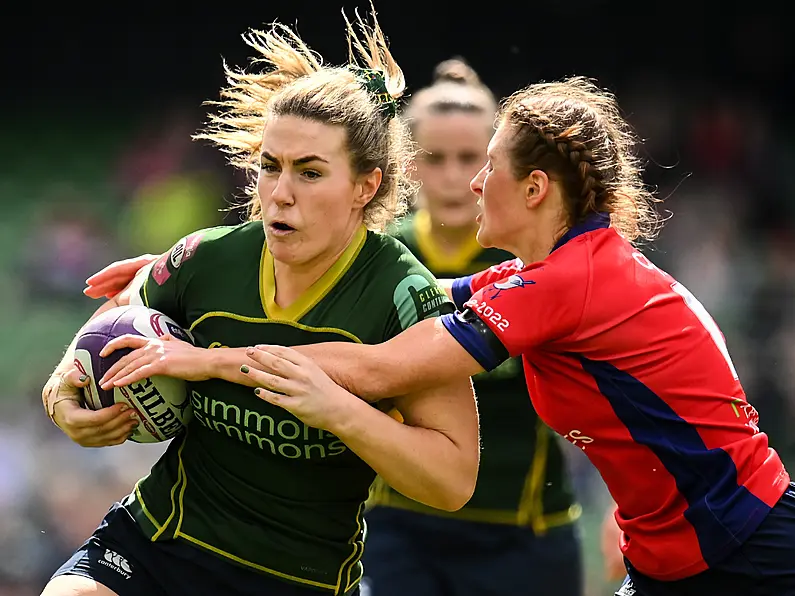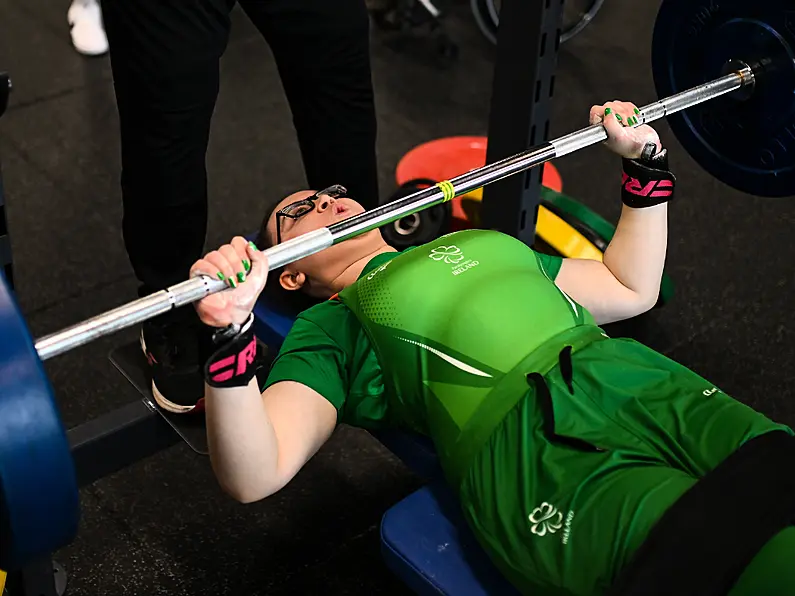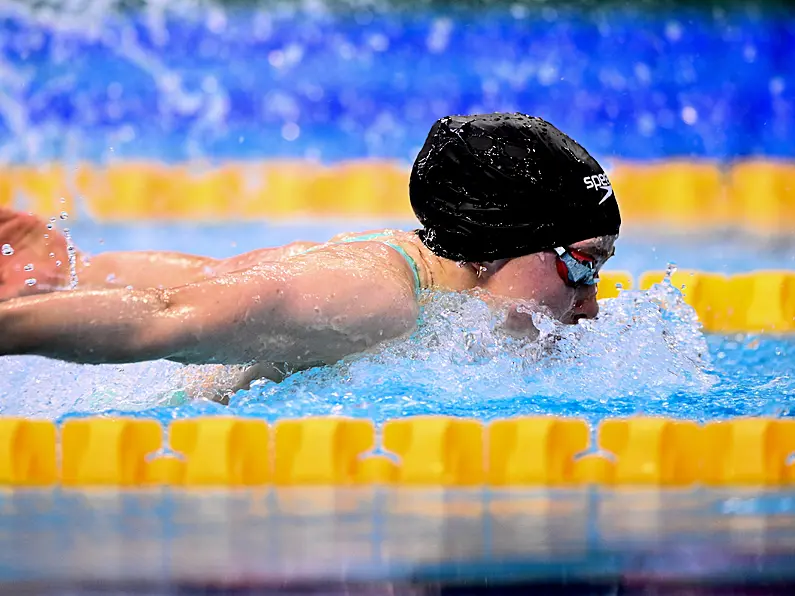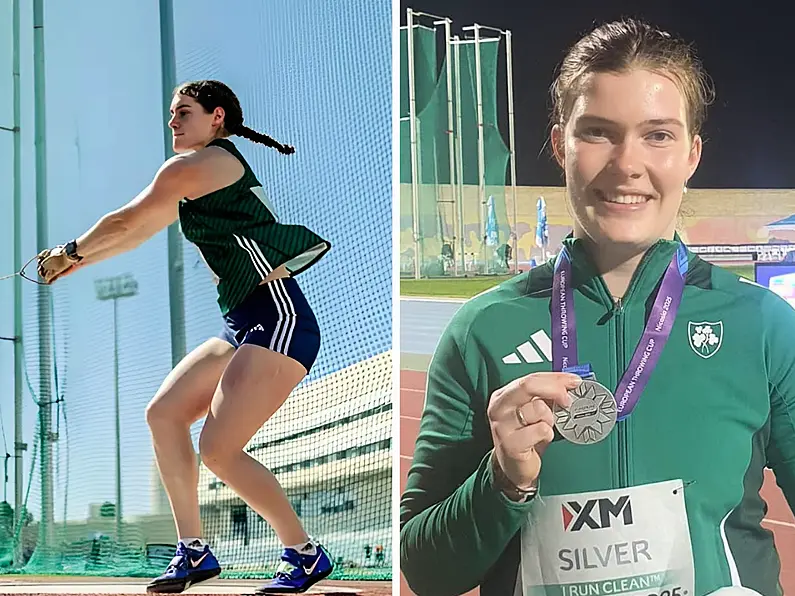The Boston Marathon and TCS London Marathon have announced that runners will be allowed to register as nonbinary for the races next year.
The Boston Marathon did include a nonbinary option for registration in the Virtual 125th Boston Marathon last year, which 56 athletes used, but this is the first time nonbinary will be an official category in the in-person race.
The Berlin Marathon will also officially include a nonbinary category for the first time next year, although it will allow runners to update their identity on their profiles beginning on Sept. 25th of this year, and their identification will be noted in the results.
With this move these organizations are joining a growing group of races that allow athletes to enter as nonbinary as well as male or female: the Chicago Marathon included a nonbinary option for the first time this year, as did the Brooklyn Marathon and New York City Half Marathon, and the New York City Marathon has offered the option since 2021. The Chicago, New York City, Boston, London, Berlin and Tokyo Marathons together make up the World Marathon Majors group. The Tokyo Marathon is now the only included race not to announce or implement new guidelines for nonbinary participants.
Although athletes can now register as nonbinary for the Boston marathon, they will be ineligible for prize money as international rules require registration as either male or female. The Boston Athletic Association has also announced that women’s qualifying times will be used for non-binary applicants, saying that it does not yet have enough data for separate qualification guidelines.
The rule change for the TCS London Marathon will not apply to the elite athlete races or the Championship or Good for Age categories. In a statement Event Director Hugh Brasher acknowledged “We know there is still much more to be done, but changes such as this demonstrate our commitment to making the TCS London Marathon an event that is for everyone.”
The new policy is the latest step in the London Marathon’s efforts to be more inclusive: this year’s event, taking place October 2nd, for the first time includes options for assisted participants, including those in wheelchairs, who may now have a team of up to four assistants propelling them (with a maximum of two at any time). This year also includes newly improved accommodations for pregnant and postpartum runners.
These decisions have so far met with relatively little criticism, but they come in the wake of continuing controversy surrounding policies for transgender athletes. In June FINA, which is the international governing body for swimming, announced that female transgender athletes who transitioned from male after puberty would no longer be allowed to compete in women’s competitions. Many, including the advocacy group Athlete Ally, have called the decision discriminatory. FINA plans to introduce an open category in some of its competitions, which athletes may qualify for regardless of gender identity or sex.












